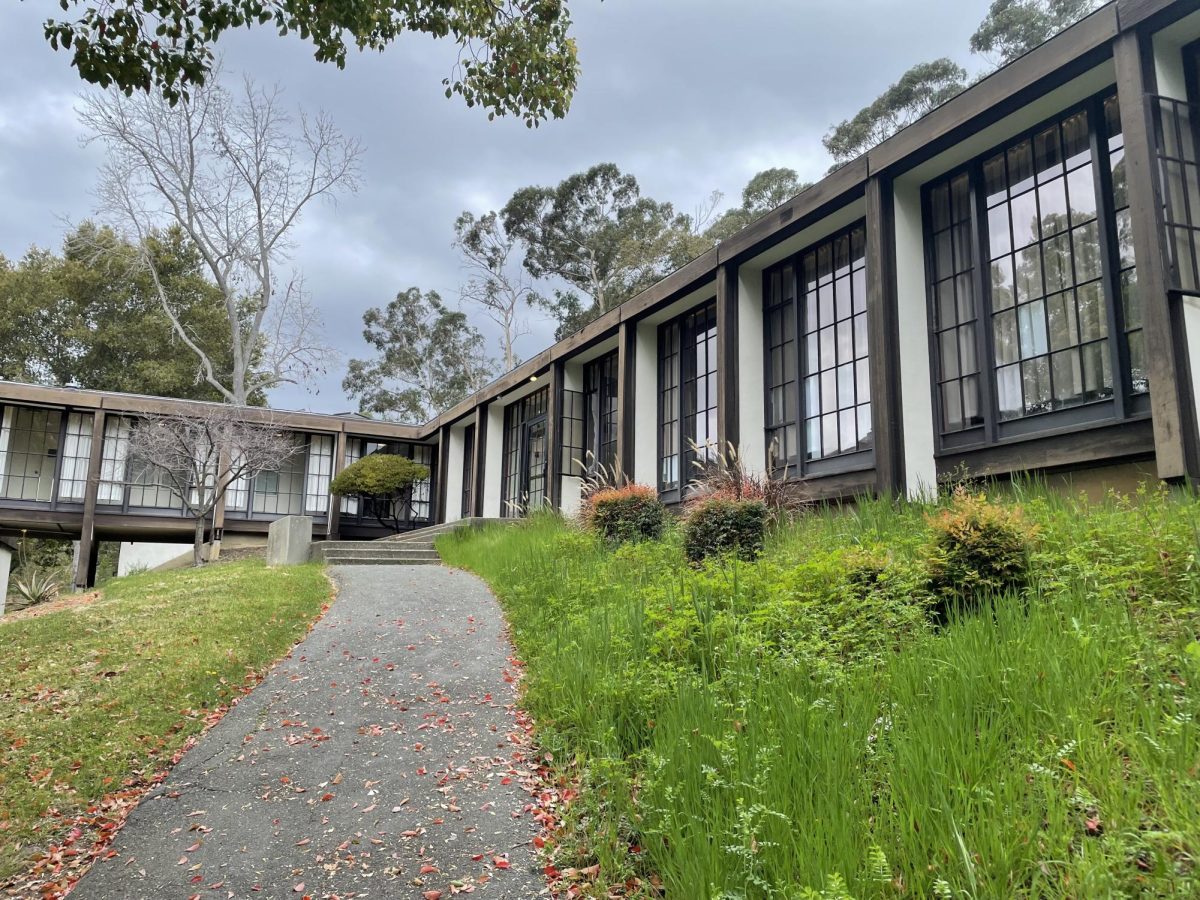California Governor Gavin Newsom signed a bill Sept. 30 prohibiting private institutions from giving preference toward legacy and donor students in the admissions process. The ruling aims to make college admissions a fairer playing field and combat the June 2023 Supreme Court decision to end affirmative action, which ruled that colleges can no longer consider an applicant’s race when admitting students.
“The California Dream shouldn’t be accessible to just a lucky few, which is why we’re opening the door to higher education wide enough for everyone, fairly,” Newsom said in a statement Sept. 30. The law will take effect September 2025.
Just over two years ago, this ruling would’ve had no effect on Northeastern, a university based 3,000 miles away in Boston. But as of 2024, Northeastern has opened two campuses in California — one in Oakland in 2022 and another in Silicon Valley in 2023.
But despite the new state law, Northeastern told The News it will continue to consider legacy admissions for students admitted to the Oakland and Silicon Valley campuses.
“Although Northeastern operates two campuses in California, because the university is legally incorporated in Massachusetts, it is our understanding that the new California law does not apply to Northeastern,” Vice President for Communications Renata Nyul said in an email statement to The News in October. “The university may consider an applicant’s affiliations with Northeastern as part of a holistic review of each applicant for admission.”
In the 2023-24 academic year, six out of California’s 71 private nonprofit colleges, including Northeastern University Oakland, admitted students with legacy or donor ties, according to the Association of Independent California Colleges and Universities.
“The fact that the wealthiest people in our country, who already have such a huge life advantage, get an even bigger advantage when they apply to elite private colleges just doesn’t make any sense and is completely unjustifiable,” said the bill’s author and California State Rep. Phil Ting in an interview with The News. “Higher education can have such a major impact in people’s life and career trajectories, especially the more selective the institutions are … It is surprising that they want to offer preferential treatment for the wealthiest people in our state.”
Valerie Johnson, who works as the legislative affairs manager for The Campaign for College Opportunity, an organization that co-sponsored the bill, said that while Northeastern is legally allowed to continue considering legacy admissions, doing so “would be sidestepping the California law as it’s meant to be implemented.”
“It really undermines the intention of the legacy ban and keeps unfair admission practices in place, shielding Northeastern from reforms that California legislators and leaders have established as the new norm in our state. … It dishonours the spirit of the legislation,” Johnson said in an interview with The News.
Ting said schools that do not receive any money from the state of California are technically exempt from a ban on legacy admissions, but warned Northeastern could run the risk of “potentially break[ing] the law.”
“If they want to continue to give preferential treatment to the richest people in the country … that is their prerogative,” Ting said. “But at some point, I would encourage the Attorney General to take legal action against them.”
California is only the fifth state to pass a legacy ban, joining Illinois, Colorado, Maryland and Virginia. In Massachusetts, Bill S.82 aims to achieve the same goal, but has stalled in the state senate.
Within a week of the Supreme Court banning affirmative action, the Boston firm Lawyers for Civil Rights filed a complaint against Harvard University’s use of legacy admissions with the United States Department of Education. They argued legacy admissions benefit primarily white students at the expense of their peers.
“[California is] one of only a few states in the nation to have been able to make this step towards a fairer process that levels the playing field for first generation students and students of color, who’ve been historically excluded from elite institutions like Northeastern,” Johnson said.
Northeastern has said that beginning in fall 2024, it will annually award full tuition, room and board scholarships to up to 10 seniors graduating from high schools in the Oakland Unified School District and Pell Grant-eligible residents of Oakland, California. It will also waive the application fee for all students currently studying at Oakland Unified School District high schools. Ebony Clinton Brown, Northeastern’s dean of undergraduate admissions, told Northeastern Global News the initiative is an attempt to deepen “Northeastern’s commitment to expanding access, specifically for high-achieving and lower-income students.”
Following the end of affirmative action, Black enrollment for Northeastern’s Class of 2028 dropped by 35%, from 7.8% to 5.1% in comparison to the Class of 2027. Johnson says legacy admissions also contribute to lower enrollment numbers for students of color, since legacy students are primarily white.
“[Legacy] students are typically largely white, wealthy students, and so we have established a system that gives preferential treatment, essentially affirmative action, for rich and white people,” Johnson said.
On average, legacy students are slightly more qualified than standard applicants in terms of grades and extracurriculars, according to a Harvard study. The research group found legacy students are 33% more likely to be admitted than non-legacy applicants with the same test scores, even when not taking their legacy ties into consideration. However, researchers said this is due to these students likely growing up in wealthier, more educated families and having access to private schools or expensive extracurriculars.
Over the past few years, Northeastern has grown exponentially, establishing a global presence as its acceptance rate drops year after year. However, Northeastern’s upgrades and expansions have come at a cost. In 1964, Northeastern’s tuition was roughly $900 a year, or half the cost of Harvard’s tuition of $1,760 per year. Today, Northeastern’s annual tuition is $65,000, more expensive than Harvard’s $56,500 yearly fees.
This has created a shift in the demographic of the Northeastern student body. Last year, data published by The New York Times showed that 52% of Northeastern students come from families where parents earn in the top 10% of national family incomes, or annual family incomes above $191,406.
“I grew up in a housing project, and I applied to Northeastern because of the co-op program. I figured that would pay the expense of tuition,” said Jerry Cronin, who graduated from Northeastern in 1966 and whose granddaughter Sophia Allen is now a third-year computer science major at the university. “I am not a believer in the legacy system at all. My feeling is, you earn it, and I think I was a lot better off because I had to earn it.”
Johnson said that though Northeastern’s legacy admits may differ from the traditional Ivy League stereotype, she still believes that the practice of legacy is harmful.
“Whether Northeastern gets off on a technicality or not, I think it’s a disservice and a dishonor to their students to say that first-generation students don’t deserve the same privilege that a lot of their more wealthy and white peers receive,” she said.
The Huntington News is dedicated to serving the Northeastern University community with original, professional reporting and creating an environment in which student journalists can learn from one another. Support an independent, free press at Northeastern University with your donation today.











